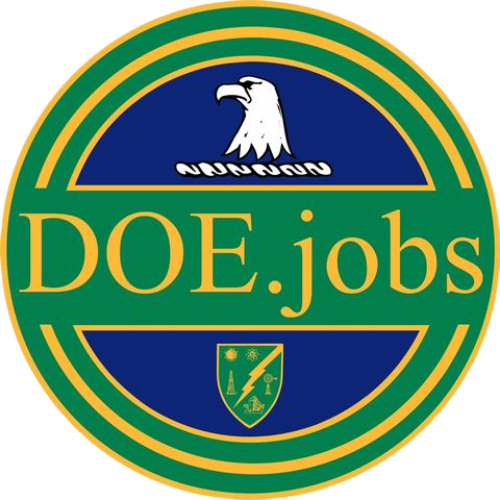Advanced Technologies and Laboratories (ATL), a Planned Systems International (PSI) company, is hiring a Security Architect for a position at the Department of Energy (DOE) Pantex plant which is a DOE and National Nuclear Security Administration (NNSA) site in support of the Information Solutions & Services (ISS) and Cybersecurity Program (CSP).
This job description reflects the critical role you’ll play in maintaining the network infrastructure at Pantex. If you’re ready to contribute to national security and work in a dynamic environment, we encourage you to apply!
Essential Functions and Job Responsibilities:
The Security Architect will be responsible for the overall design and development of secure enterprise security systems that support enterprise mission needs. This role involves delivering engineering artifacts inclusive of architectures, functional decompositions and definitions, and supporting preliminary and detailed design review documentation.
Your responsibilities will include:
• Document and address information security, cybersecurity architecture, and systems security engineering requirements throughout the acquisition life cycle.
• Ensure that acquired or developed systems and architectures are consistent with the organization's cybersecurity architecture guidelines.
• Perform security reviews, identify gaps in security architecture, and develop a security risk management plan.
• Define and document how the implementation of a new system or new interfaces between systems impacts the security posture of the current environment.
• Evaluate security architectures and designs to determine the adequacy of security design and architecture proposed or provided in response to requirements contained in acquisition documents.
• Determine the security controls for the information systems and networks and document appropriately.
• Develop Enterprise Information Technology (IT) requirements that describe baseline and target systems involving cybersecurity and privacy principles.
• Manage, test, and implement current security architectures for operating systems, networks, cybersecurity analysis tools, and related IT systems.
• Engage in a wide range of cybersecurity areas, including system architectures, firewalls, inspection and analysis tools, encryption components, and networking architectures.
• Involved in security reporting and analysis to regulatory agencies.
• Identify systemic security issues based on the analysis of vulnerability and configuration data; apply secure system design tools, methods, and techniques.
• Conduct vulnerability scans and recognize vulnerabilities in security systems.
• Apply cybersecurity and privacy principles to organizational requirements (relevant to confidentiality, integrity, availability, authentication, non-repudiation).
Must have a DOE L Clearance (DOE Q Clearance Preferred)
• In-depth Knowledge of Cybersecurity Principles: Understanding of cybersecurity frameworks, technologies, and best practices.
• Risk Management: Ability to assess and manage IT risks, including conducting risk assessments and developing mitigation strategies.
• Security Protocols and Authentication: Proficiency in implementing and managing security protocols and authentication mechanisms.
• Network Security: Expertise in securing network infrastructures, including firewalls, VPNs, and intrusion detection/prevention systems.
• Cloud Security: Knowledge of cloud security principles and best practices for securing cloud environments.
• Identity and Access Management (IAM): Experience with IAM solutions to ensure proper access controls and data protection.
• Vulnerability Management: Skills in conducting vulnerability assessments, penetration testing, and managing security vulnerabilities.
• Incident Response: Ability to develop and implement incident response plans and handle security incidents effectively.
• Analytical Skills: Strong problem-solving abilities to identify and address security risks.
• Communication Skills: Excellent interpersonal and communication skills to collaborate with stakeholders, management, and technical teams.
• Regulatory Compliance: Knowledge of relevant laws, regulations, and standards related to cybersecurity and data protection such as Federal Information Security Management Act (FISMA) and National Institute of Standards and Technology (NIST) Cybersecurity Framework.
Must have one of the following combinations of education and experience in a technical field (Compensation will be based on education and experience, with technical field experience weighted more heavily than minimum education.):
• PhD and limited experience or master’s degree and 2 to 5 years of related experience or bachelor’s degree and 5 to 10 years of related experience or associate’s degree and 10 to 15 years of related experience.
• PhD and 2 to 5 years of related experience or master’s degree and 5 to 10 years of related experience or bachelor’s degree and 10 to 15 years of related experience or associate’s degree and 15 to 20 years of related experience. Recognized as an expert in their field.
• PhD and 5 or more years of related experience or master’s degree and 10 or more years of related experience or bachelor’s degree and 15 or more years of related experience or associate’s degree and 20 or more years of related experience. Recognized as an expert in their field. This level should be limited to a small population.

